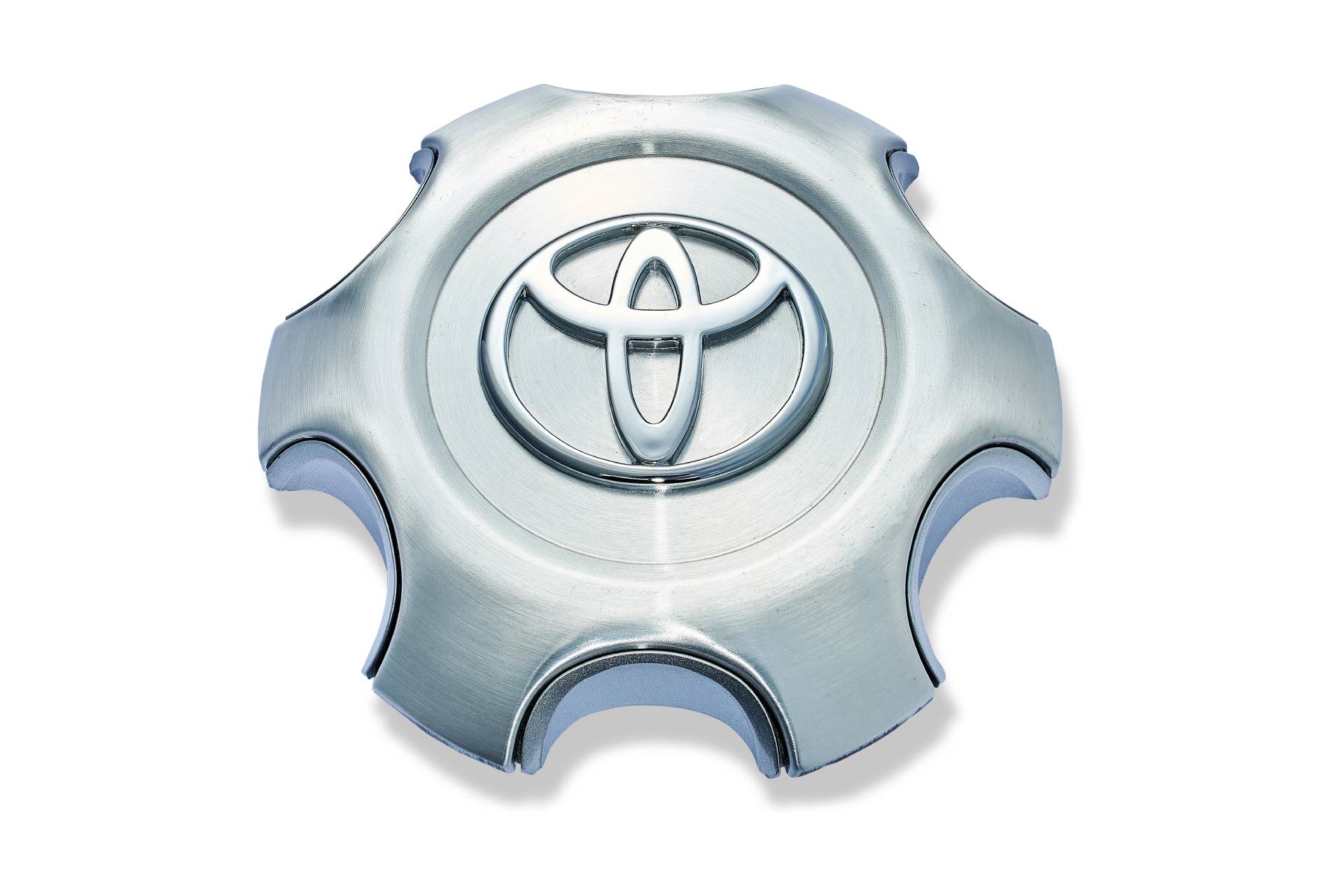How Plastic Nameplates Reinforce Corporate Identity and Recognition
How Plastic Nameplates Reinforce Corporate Identity and Recognition
Blog Article
Exactly How Plastic Nameplates Are Made: A Comprehensive Guide to Their Production Process
The manufacturing of plastic nameplates involves numerous precise actions, beginning from the selection of appropriate products to the last finishing touches. Each phase is important, making sure the product fulfills certain demands for resilience and visual appeals. Different production strategies play a significant role in crafting these nameplates. Recognizing these processes can clarify the complexities behind what may look like an easy item. What elements contribute to the high quality and personalization of these nameplates?
Understanding Plastic Products Used for Nameplates

The Style Refine: From Idea to Model
The layout process for plastic nameplates begins with a clear idea that guides the total production. Developers team up with customers to define the purpose, style, and certain demands of the nameplate. This first phase consists of brainstorming sessions, sketching ideas, and choosing colors and fonts that align with branding goals.Once the principle is established, developers use computer-aided layout (CAD) software to produce in-depth electronic depictions. These models permit visualization and adjustments prior to progressing. Feedback from stakeholders is essential throughout this phase, as it aids improve the design to satisfy expectations.After settling the digital model, a physical design may be produced, frequently through strategies like 3D printing. This substantial representation makes it possible for further analysis of aesthetics and functionality. Overall, the layout procedure is a necessary step that lays the structure for the reliable production of top quality plastic nameplates.
Cutting and Shaping the Plastic
In the cutting and forming stage of plastic nameplate production, the choice of materials plays a vital role in determining the final item's quality and longevity (Plastic Nameplates). Numerous precision reducing techniques, such as laser cutting and CNC machining, warranty that the plastic is shaped with accuracy and uniformity. This combination of mindful product choice and advanced reducing techniques is crucial for producing top notch nameplates

Product Option Refine
Picking the right material is necessary for creating high-quality plastic nameplates. Various sorts of plastics are available, each offering distinct benefits and attributes. Usual choices consist of acrylic, polycarbonate, and PVC. Acrylic is favored for its quality and UV resistance, making it optimal for outside applications. Polycarbonate, recognized for its longevity and influence resistance, is ideal for atmospheres that require enhanced security. PVC is frequently chosen for its cost-effectiveness and flexibility in design. The choice procedure also takes into consideration aspects such as density, surface, and shade finish, which can substantially affect the last appearance and capability of the nameplate. Inevitably, the picked product has to straighten with the meant usage and visual objectives of the plastic nameplate.
Precision Cutting Strategies
While choosing the proper product prepares, precision reducing techniques play an important role in forming the plastic nameplates into their last forms. Different approaches, consisting of laser cutting, CNC milling, and die cutting, are used to achieve accuracy and consistency. Laser cutting utilizes concentrated light to generate clean sides and complex styles, ideal for complex patterns. CNC milling uses flexibility by eliminating excess product with accuracy, fitting different thicknesses and forms. Pass away cutting, on the various other hand, permits mass manufacturing of consistent items, boosting effectiveness. Each technique is picked based on the design requirements and the preferred surface, making sure that the last item fulfills top quality standards and customer expectations while maintaining longevity and aesthetic charm.
Printing Strategies for Customization
How can makers accomplish specific and vibrant layouts on plastic nameplates? The response hinges on various printing methods tailored for personalization. Digital printing has actually gotten appeal because of its ability to produce elaborate layouts and high-resolution pictures directly onto plastic surfaces. This technique enables for quick turn-around times and minimal arrangement costs, making it perfect for brief runs and personalized orders.Screen printing continues to be another widely made use of method, especially for bigger amounts. It includes developing a stencil find more info and applying layers of ink, leading to rich colors and sturdiness. UV printing, which utilizes ultraviolet light to treat the ink, is additionally reliable, providing exceptional bond and resistance to fading.Additionally, pad printing uses convenience for irregularly shaped nameplates, enabling in-depth styles on tough surfaces. These printing approaches allow manufacturers to fulfill diverse customer needs while making certain top quality and long life in their plastic nameplate products.
Surface Area Treatments and Finishing Options

Quality Assurance Measures in Production
Assuring the highest criteria of quality assurance throughout the production of plastic nameplates is vital for keeping product stability and consumer fulfillment. Manufacturers execute extensive evaluation procedures at numerous stages of the manufacturing process. At first, resources undergo thorough testing to validate they satisfy specifications for longevity and color uniformity. Throughout the molding phase, automated systems keep track of criteria such as temperature and stress to stop defects.In enhancement, visual inspections are performed to determine any type of surface imperfections or imbalances. As soon as the nameplates are generated, they undergo practical tests, consisting of bond tests for published elements and cardiovascular test for toughness. Quality assurance groups often employ analytical sampling techniques to assess sets, seeing to it that any deviations from criteria are quickly resolved. This thorough find more information strategy not just improves product high quality however additionally cultivates trust with customers, verifying the producer's dedication to excellence in every nameplate created.
Product packaging and Circulation of Finished Nameplates
The product packaging and distribution of completed plastic nameplates are essential action in guaranteeing they reach customers in ideal condition. Different packaging products are chosen to secure the nameplates during transit, while shipping approaches are very carefully selected based upon effectiveness and cost-effectiveness. Furthermore, efficient storage space options are implemented to preserve high quality until the nameplates are provided.
Product Packaging Products Utilized
Choosing appropriate product packaging materials is essential to ensure their defense during transportation when dispersing finished plastic nameplates. Typically employed products consist of bubble cover, foam extra padding, and cardboard boxes, all developed to support the nameplates against shocks and influences. Bubble wrap offers an adaptable barrier, while foam padding guarantees that nameplates continue to be firmly in location, decreasing the threat of scratches or damage. In addition, strong cardboard boxes are utilized to include the nameplates, supplying structural assistance and security from outside components. Labels might be used to show dealing with directions or breakable components, even more enhancing safety throughout transport. On the whole, utilizing high-grade packaging products substantially adds to the honesty and discussion of the completed plastic nameplates upon arrival at their destination.
Shipping Methods Used
Efficient distribution of ended up plastic nameplates depends on numerous shipping approaches that guarantee protected and prompt shipment. Business frequently use courier services, products delivery, and post offices, depending upon the size, weight, and destination of the packages. For regional deliveries, copyright services give rapid transportation, ensuring nameplates get to consumers swiftly. For larger orders, freight shipping is chosen, using trucks or shipping containers to move bulk quantities successfully. Post offices function as an economical alternative for smaller shipments, particularly for residential distributions. All shipping techniques focus on protective packaging to stop damages during transit. Tracking systems are likewise used to check shipments, giving customers with real-time updates and reassurance relating to the status of their orders.
Storage Space Solutions Implemented

Regularly Asked Inquiries
What Kinds Of Businesses Typically Use Plastic Nameplates?
Plastic nameplates are commonly utilized by various companies, including offices, factories, institutions, and hospitals. These nameplates offer crucial features such as identification, information screen, and branding, adding to business efficiency and specialist look across varied settings.
How much time Does the Entire Production Refine Take?
The production process duration varies based on intricacy and quantity, generally ranging from a couple of days to several weeks. Elements influencing this timeline consist of design approval, material accessibility, and manufacturing strategies used by the business.
Can Plastic Nameplates Be Recycled After Usage?
Plastic nameplates can be recycled, supplied they are made from recyclable products. The availability of reusing programs and neighborhood regulations might impact their recyclability. my sources Correct disposal methods are important to guarantee effective recycling.
What Are the Environmental Influences of Plastic Nameplate Production?
The ecological effects of plastic nameplate production include carbon emissions, source deficiency, and contamination from making processes. Plastic Nameplates. In addition, incorrect disposal adds to plastic waste, adversely affecting ecosystems and wild animals, highlighting the demand for lasting techniques
Are There Any Security Interest In Plastic Nameplates?
Safety problems regarding plastic nameplates mainly include prospective chemical exposure throughout production and the threat of products weakening in time, which may bring about hazardous substances being released, impacting both human wellness and the setting. While numerous materials can be utilized for nameplates, plastic remains a preferred selection due to its convenience and durability. In the cutting and forming stage of plastic nameplate manufacturing, the selection of products plays a necessary role in identifying the final item's top quality and sturdiness. Selecting the ideal product is necessary for producing top notch plastic nameplates. While picking the appropriate product lays the groundwork, accuracy cutting techniques play a vital duty in shaping the plastic nameplates into their last kinds. When distributing finished plastic nameplates, picking ideal product packaging materials is necessary to guarantee their defense during transportation.
Report this page